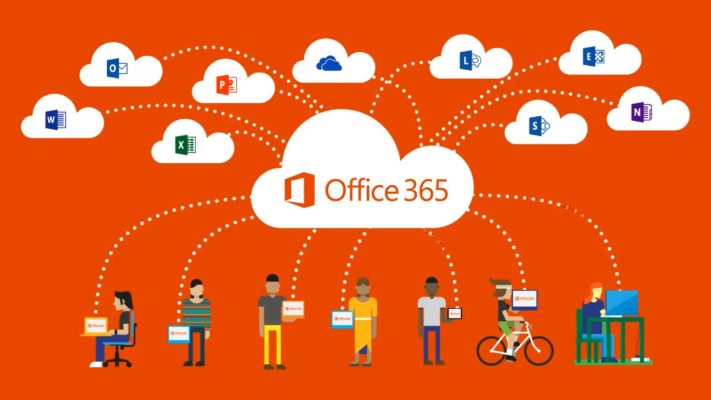Office 365 For Business – Gold Coast IT Solutions
OUTLOOK The email service, task management, calendar application, and contacts manager included with business Office 365 subscriptions are under the Outlook branch of the web brand. It includes Outlook Mail, Outlook Calendar, Outlook People, and Outlook Tasks. Microsoft also introduced an email feature called Clutter with Office 365. Clutter memorises user’s preferences regarding relevance and importance of their emails. It analyses the user’s pattern of behaviour about email subjects, if user keeps ignoring emails from a certain sender or subject, Clutter files those emails to a folder with the same name in Outlook. HOSTED SERVICES The business plans for Office 365 offer access to cloud-hosted versions of Office’s server platforms on a software as a service basis, which include Exchange, Skype for Business, SharePoint, and the browser-based Office Web Apps suite. The SharePoint’s OneDrive for Business program provides each user with 15 GB of online storage. OFFICE APPLICATIONS Some plans for Office 365 do also include access to current versions of the Office desktop applications for both Windows and OS X for the duration of their subscription. For Office 2016 on Windows, it is installed using a “click-to-run” system which allows users to begin using the applications almost immediately while files are streamed in the background. All updates to the software are installed automatically, this includes both security updates and major new versions of Office. If an Office 365 subscription lapses, the applications become read-only and the editing functionality is disabled. Full functionality is restored when the new subscription is purchased and activated. COLLABORATION TOOLS Office 365 includes several productivity applications that are designed to cover collaboration needs at the organizational, departmental and team levels. Currently, the list of collaboration tools includes OneDrive for Business, SharePoint Online, Microsoft Teams, Yammer, Skype, Outlook Online and Delve boards. There are several approaches to defining the role of Office 365 collaboration tools in an organization. The main considerations that influence the choice of a certain tool depend on communication needs, team size, project specifics, and keeping in mind the employees’ personal preferences. Depending on what you need to do, each collaboration tool suits a work situation. SharePoint Online is often used as a platform for corporate intranets and portals, much the same way as SharePoint On-Premises does. At the same time, SharePoint Online comes not only with team sites but also with communication sites and hub sites. Microsoft Teams allow collaboration channels for public and private communication, as well as voice and video conferences. Outlook Online hosts email-based collaboration. Yammer is used for communication with business users outside of the organization and enables forum style team communication. Skype for Business supports instant messaging, VoIP, audio, video and web conferencing. As for Delve boards, they allow creating boards to group together and share related documents. Additionally, there are Office 365 Groups that represent rather a technological capability within the suite than a tool apart. Office 365 Groups allow creating separate collaboration spaces in other Office 365 tools. An Office 365 Group can be organized in Outlook, SharePoint Online, Yammer, Microsoft Teams and other collaboration tools to diversify the native collaboration capabilities of these applications. For example, if a team collaborates in a Group in Yammer, its members automatically get a team calendar, a shared Outlook inbox, a SharePoint library, a SharePoint team site, a shared OneNote notebook and Planner. UPDATES The Office 365 platform have implemented a rolling release model; updates to the online aspects of the service are provided once every quarter.
Read More

